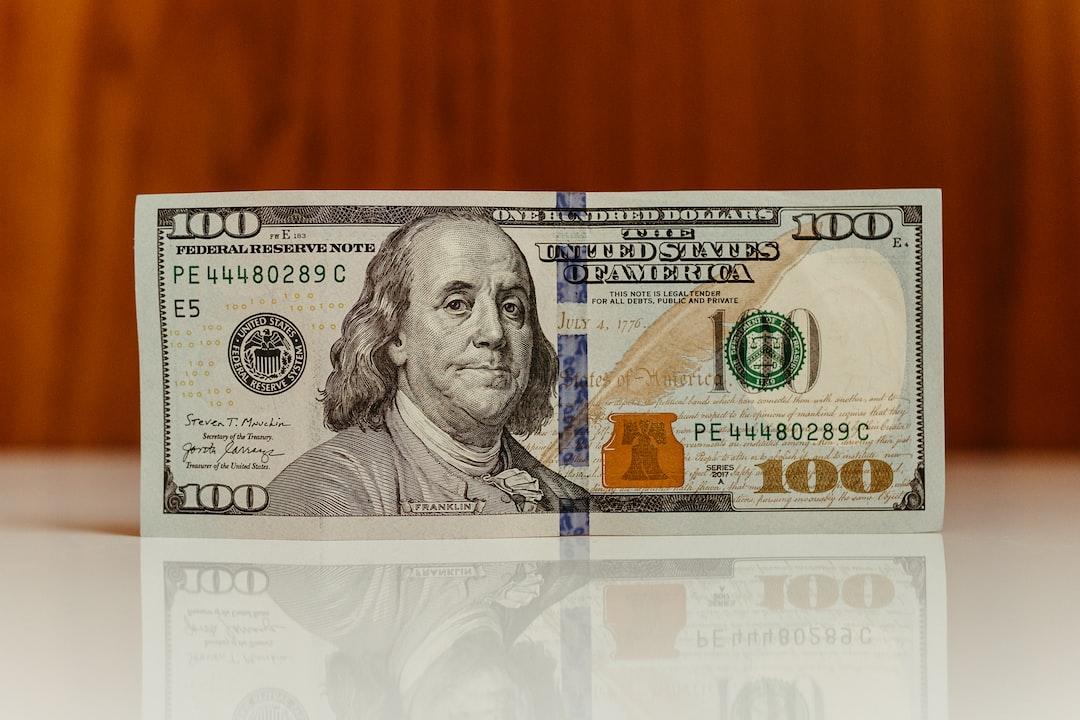Ace Exchange Involved in Fake Investment Fraud
Previously, “Crypto City” reported that Taiwan’s Ace Virtual Currency Exchange (ACE) has been accused of establishing the “Alfred Wallet” and “A+CARD” stored value card, implementing fake investments as a real scam through physical stores. The main suspects are said to have defrauded as many as 1,200 victims, with the total amount involved exceeding 2.2 billion New Taiwan Dollars.
From January to February this year, the police conducted searches on Ace Exchange and Fuhai Digital Innovation Company, detaining 11 individuals including Ace Exchange founder Pan Yizhang and a man surnamed Hsu, the head of Fuhai Digital Innovation Company. The Taichung District Prosecutor’s Office indicted Pan Yizhang and six others starting in April of this year.
According to the investigation findings from the Taichung District Prosecutor’s Office, the man surnamed Pan and his partners collaborated with a fraudulent investment group, seeking victims through social media platforms such as Facebook and LINE. They gained the victims’ trust with promises of high returns and gifts, exploiting the public’s preconceived notion that “physical equals legal” to lure victims to Fuhai Company-operated “physical stores” for scamming.
Investigators Target Physical Stores
The Criminal Investigation Bureau’s Telecommunications Investigation Team, along with the criminal police teams from Taichung and Kaohsiung, conducted large-scale searches between April and May this year, targeting four businesses: “UBC” in Taoyuan, “Xinfudai” in Kaohsiung, “Ha U” in New Taipei, and “Bibi Digital” in New Taipei, Taoyuan, and Hsinchu, totaling six store locations.
Ultimately, the police detained a 49-year-old man surnamed Tu, the head of UBC, a 36-year-old man surnamed Zhang, the head of Xinfudai, along with its store manager and employees, totaling 13 individuals. However, the heads of Ha U and Bibi Digital remain at large. The prosecutors have filed a detention application against the man surnamed Tu, while the man surnamed Zhang and 12 others were released on bail ranging from NT$50,000 to NT$100,000, with the court setting Tu’s bail at NT$200,000.
Other implicated individuals were detained between June and December of last year, including a man surnamed Sun, the head of “Slow Meal,” a man surnamed Wu, the head of “Mile,” a man surnamed Li, the head of “Golden Ball,” and a man surnamed Zhuang, the head of “Matruans,” totaling 16 individuals.
Regulatory Bodies Still Need to Work Hard
Taiwan’s Financial Supervisory Commission, the regulatory authority for cryptocurrencies and virtual assets, published the “VASP Guidelines” last year, requiring businesses to report and comply with anti-money laundering laws. Currently, 25 virtual currency businesses have completed compliance declarations. This includes ACE Exchange, which has also applied to establish an association to formulate self-regulatory norms in December last year.
Despite the government and relevant departments strengthening regulations on the virtual currency market, exchanges that have completed anti-money laundering compliance declarations have continued to face incidents, indicating that the government still has a long way to go in regulating virtual currency trading platforms and related businesses.
“Crypto City” also reminds the public that scams are rampant in today’s society. Many products that are government-certified or endorsed by celebrities may not necessarily be legal. Especially when engaging with any information related to investments or money, it is crucial to exercise caution, conduct thorough research, and prevent financial losses.

